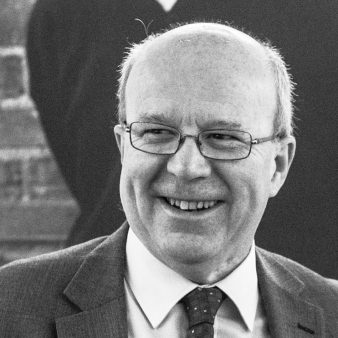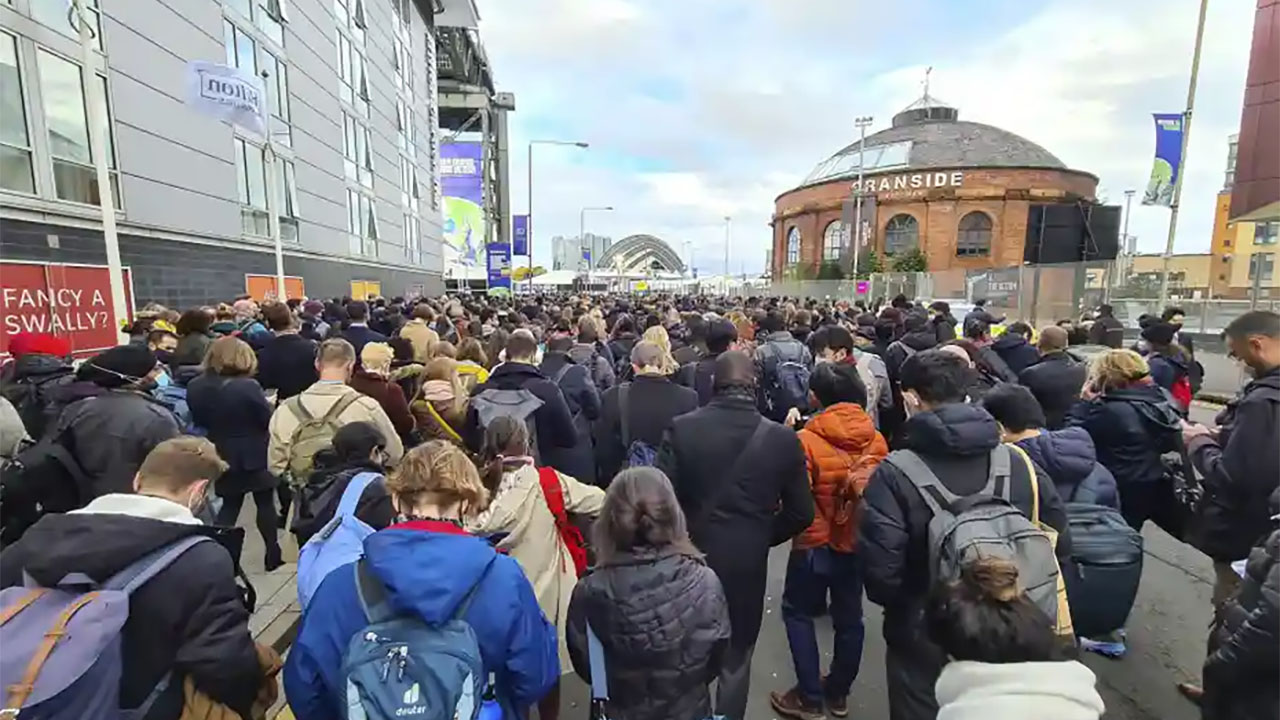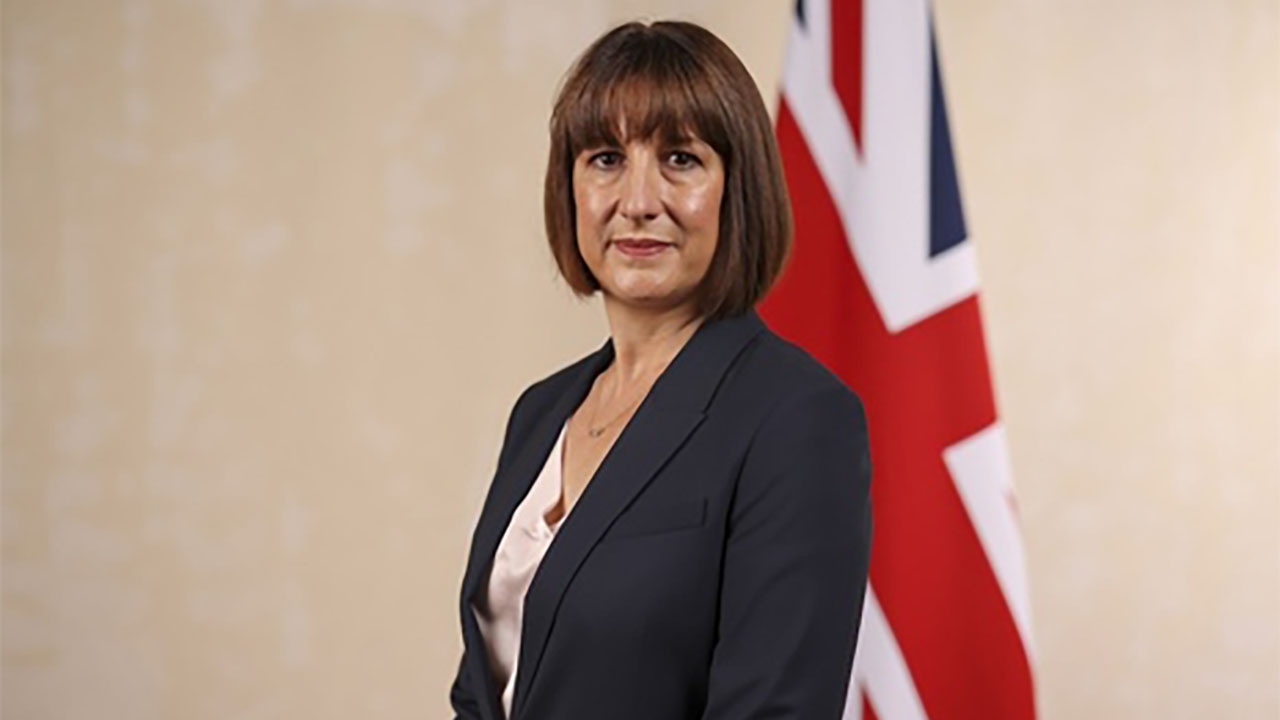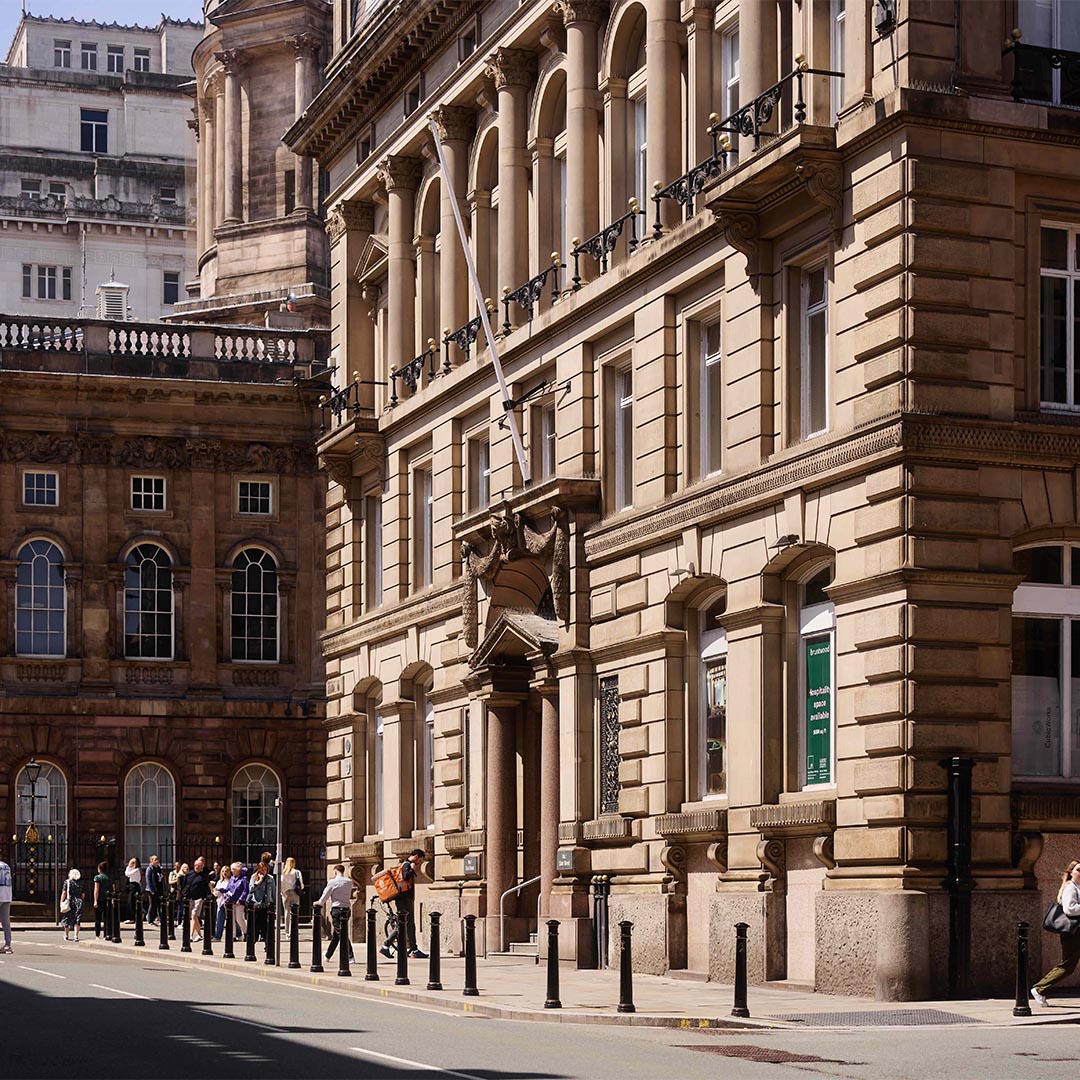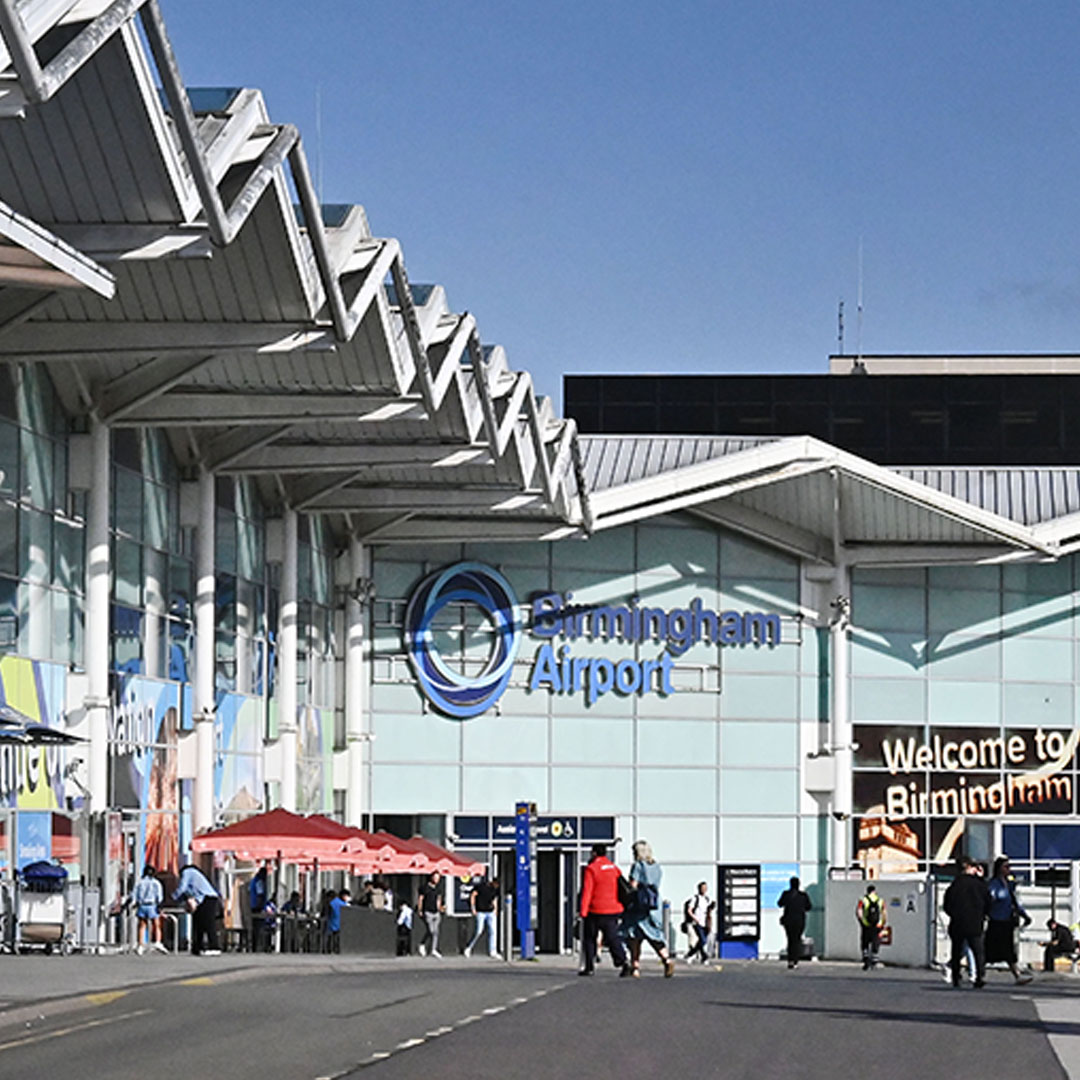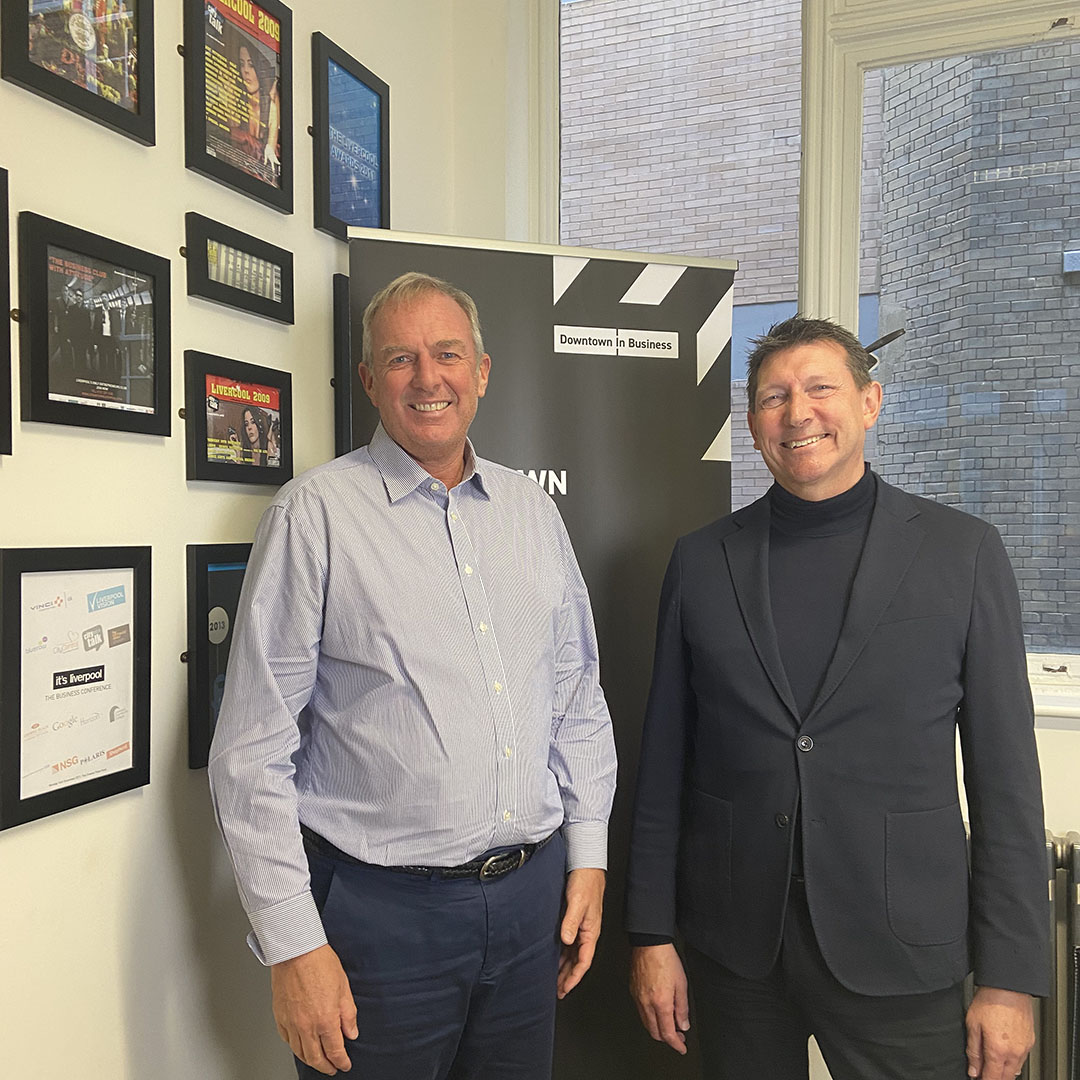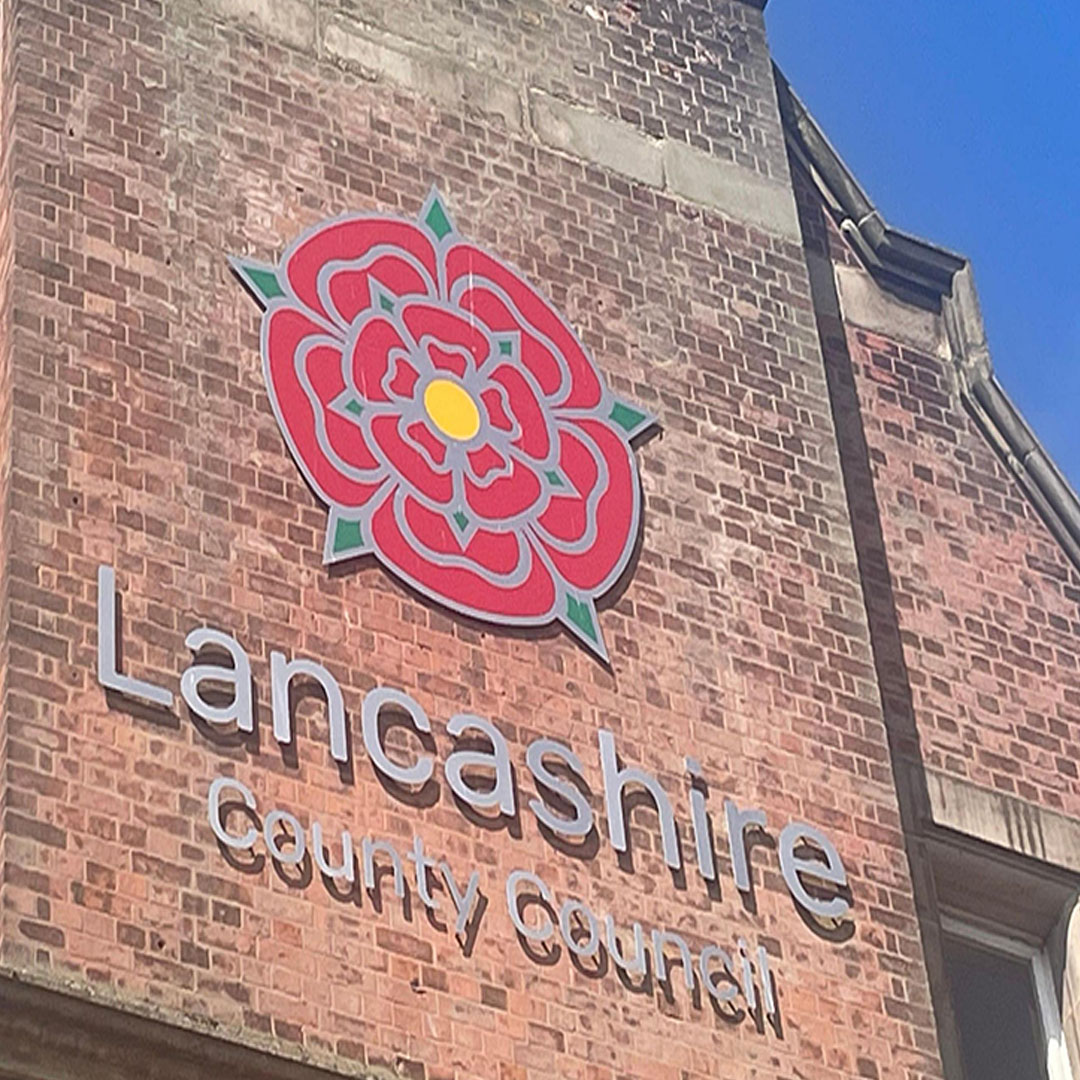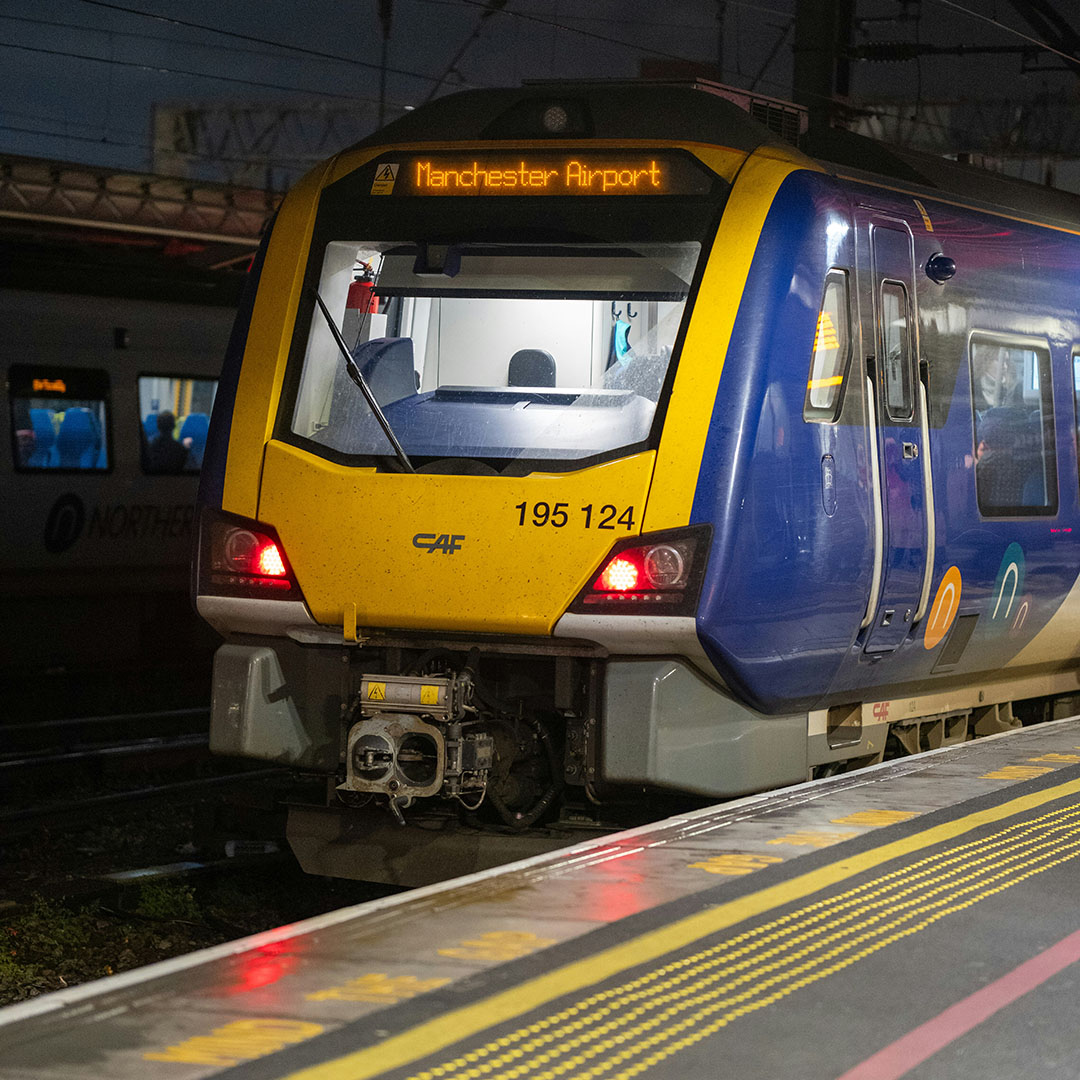DON’T OVERDO IT
It wasn’t so long ago that TV programme editors felt it their duty to routinely invite climate change deniers onto programmes. Former Chancellor Nigel Lawson is rarely seen nowadays because to challenge climate change is as silly as saying the Earth is flat.
But what about public opinion? A large majority of people have levels of concern about climate change which is a useful platform for the government who want fundamental, disruptive, and expensive change in many aspects of our lives.
There are two major dangers in building consensus for these changes. One is to overdo the subject. The coverage of the Glasgow conference is in danger of doing that. People will just turn off if they get bored. The vast majority of people are appraised of the issues. Some are now experts in the difference between 1.5 and 2.7 degrees of global heating. They certainly don’t need people gluing themselves to roads, stopping them getting to work. It is important that climate campaigners do not cause a reaction, or a sense of hopelessness. What is needed instead is to look at the opportunities that climate change can bring, particularly for jobs and particularly in the North West.
GREEN JOB OPPORTUNITIES
It is striking that to reduce our carbon output so much old school manufacture is going to be needed. We may live in the digital/computer age but what we need is domestic heat pumps, solar panels, electric cars, windfarms, hydrogen plants and batteries. The North West used to be the heart of world manufacture and engineering and there are signs that firms in the region are beginning to see a big future for this sort of activity in the middle of this century.
Historically the wealth of the North West was based on mined coal being used in the factories that created our wealth, smogs and contributed to global warming. So, it will be appropriate if we can contribute to slowing the climate catastrophe.
Smogs may be a thing of the past but West Cheshire is the fourth largest carbon emitter in the country. This is because of the industrialised area around Ellesmere Port. Stanlow produces 16% of the nation’s fuel. A blue hydrogen project called Hynet will provide electricity for the major fertiliser and glass manufacturing plants nearby. The carbon dioxide will be buried under Liverpool Bay.
Environmentalists want us to move to carbon zero blue hydrogen which splits water not gas and uses renewable electricity to do it. But let’s not make the best the enemy of the good.
Ineos in nearby Runcorn have plans for hydrogen buses. Ford are investing £230m in electric cars at Halewood and research is underway at Moorside in Cumbria into the real gamechanger, nuclear fusion.
The mayors of our city regions are on the case. I had the pleasure of meeting engineers working on the Mersey Barrier/Lagoon project for Steve Rotheram the other day. Andy Burnham wants Greater Manchester carbon neutral by 2038.
So, the green jobs are coming, and people know what’s at stake. Big challenges remain. Heat boilers are too expensive for most people and the programme for electric charge points needs to be accelerated rapidly if people are to be weaned off petrol cars.
As for Cop 26, the judgement on its success or failure will be based on what is actually achieved and we won’t know that for a decade or more.

